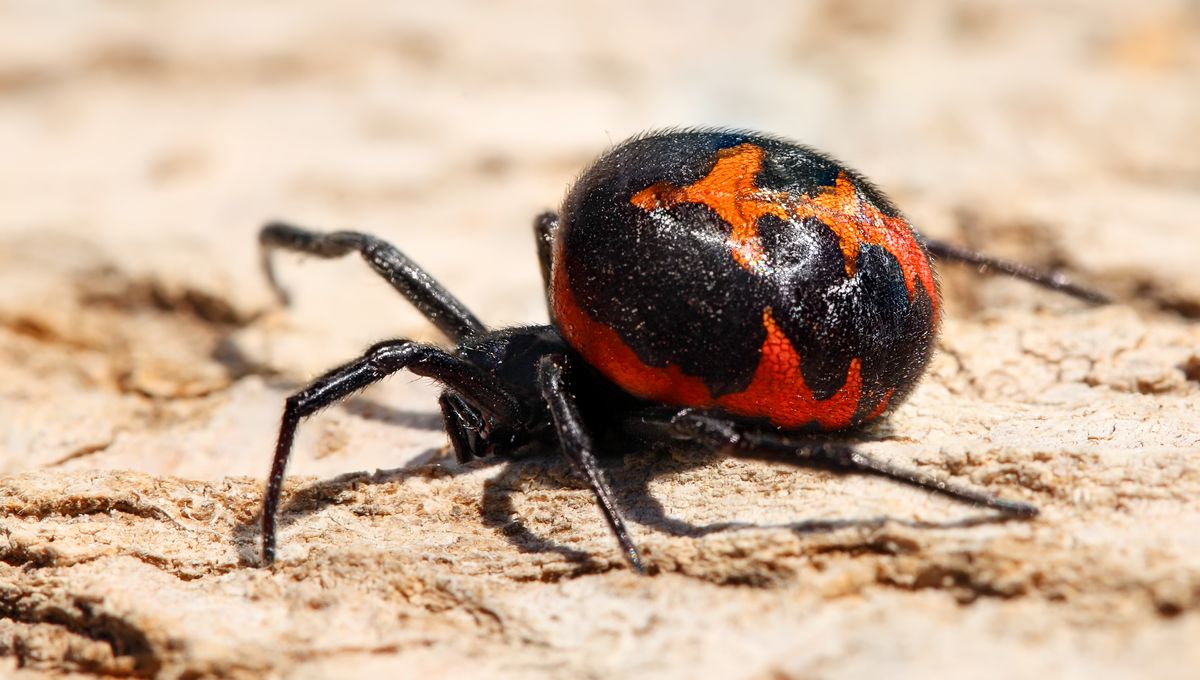
A new antivenom for European black widow bites has been developed using engineered human antibodies.
The European black widow (Latrodectus tredecimguttatus), a relative of the North American black widow, is typically found in the balmy Mediterranean region. However, rising temperatures are helping the species expand its range across other parts of Europe.
Their growing frontier has sparked renewed interest in developing a better antivenom to treat their painful bites. Although rarely deadly, it’s a deeply unpleasant experience to receive a nibble from this eight-legged nuisance. The venom of a black widow contains a neurotoxin known as alpha-latrotoxin, which attacks the nervous system and causes symptoms like severe pain, hypertension, headache, and nausea.
There already is an antivenom to treat black widow bites, but it uses antibodies derived from horses, which are tricky to source and some patients can have a nasty reaction to them.
To overcome this problem, scientists in Germany have crafted a new form of antivenom that uses human antibodies – and it’s looking very promising.
“For the first time, we present human antibodies which show neutralization of black widow spider venom in a cell-based assay,” Professor Michael Hust, a biologist at the Technical University of Braunschweig and senior author of the study, said in a statement.
“This is the first step to replace the horse sera that are still used to treat the severe symptoms after a black widow spider bite,” explained Professor Hust.
The antivenom was developed using antibody phage display, a lab technique to identity antibodies using bacteriophages, viruses that infect bacteria. In this method, antibody genes are inserted into the DNA of phages, causing them to display the relevant protein on their surfaces. These phages are then exposed to a target antigen (in this case, the alpha-latrotoxin molecules in the venom). Those found to have a high affinity for the antigen can then be isolated and amplified.
The researchers’ experiments found that 45 of 75 generated antibodies were able to neutralize alpha-latrotoxin in a petri dish. One antibody, called MRU44-4-A1, was even found to have “outstandingly high neutralization”.
Riding on the success of the study, the team are hoping use similar techniques to develop antibodies to treat other ailments, including diphtheria, a serious bacterial infection that affects the mucous membranes of the nose and throat.
“In another project, we have shown that we can develop human antibodies to treat diphtheria which are effective in in vivo studies. We intend to take the same steps for the black widow antivenom antibodies. This is especially important because with the invasion of the spiders into new habitats, the incidence of latrodectism and the need for therapeutic alternatives might increase over the next years,” said Professor Hust.
The new study is published in the journal Frontiers in Immunology.
Source Link: New Antivenom Takes The Sting Out Of Black Widow Spider Bites